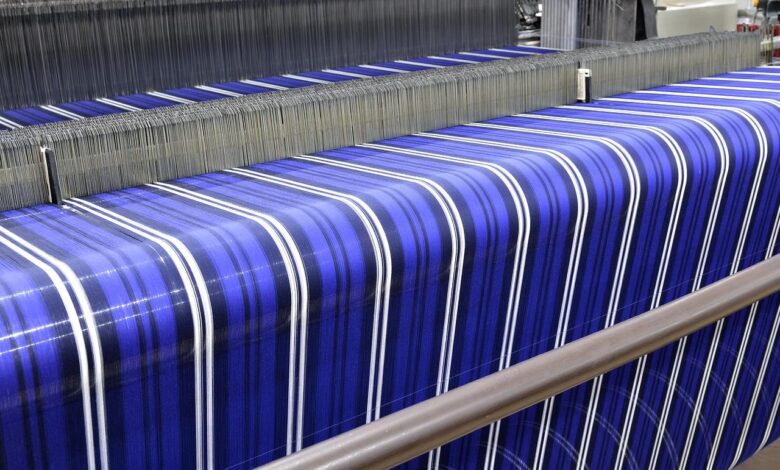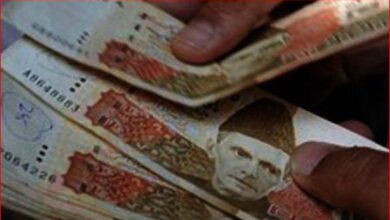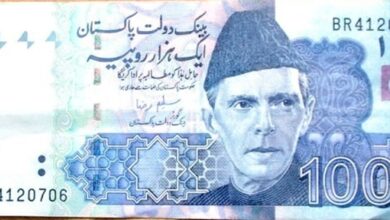APTMA asked the government to support export-oriented businesses “fully.”

The Chairman of the All Pakistan Textile Mills Association (APTMA), Abdul Rahim Nasir, asked the government on Friday to “fully” support industries that make things to sell abroad.
In a statement, the chairman of APTMA said that textiles are the only industry that keeps growing and bringing money into the country from abroad. He said that sales are expected to reach $20 billion in June 2022, up from $15.4 billion in June 2021.
Nasir says that the sector has done incredibly well over the past year. Even though this was done, the gas/RLNG supply to the textile industry in Punjab, which was only 25 percent of what was needed (but 50 percent of what was actually used from August to November), was cut off two days before with the promise that it would be back on Friday, June 3, 2022.
But it was recently said that the gas/RLNG supply would not be brought back for a long time.
Despite a 59 percent increase in textile exports from May 2021 to May 2022, from $1.06 billion to $1.69 billion, exports remain undervalued.
Even though it doesn’t make sense from an economic point of view, gas/RLNG is often given to businesses that don’t export, like those that make ceramics, glass, steel, and other things.
The government’s decision to stop giving gas/RLNG to exporters makes no sense because it is an important part of textiles, which are Pakistan’s biggest export and its economic future.
Nasir went on to say that the sector has spent a lot of money on high-tech equipment and high-efficiency power generation. He said that over $5 billion has been spent on growth and modernization in the last 1.5 years.
If the supply of gas or RLNG is cut off, there are huge losses that could happen. On the other hand, if there is a steady and reliable supply of gas/RLNG, the industry can benefit economically from more exports. Since November 2021, all of the new buildings and expansions have been done, but they still don’t have gas or electricity.
The APTMA strongly urges the government to make re-starting the export industry a top priority and to realise that this will cause Pakistan’s economy to lose a lot of money and hurt its future. If production goes down, exports will go down, and the country will need billions of dollars in new loans, which are already hard to come by.
Mills are working at less than 75% of their capacity because there isn’t enough grid electricity and there isn’t enough gas/RLNG. This is costing the country $250–400 million a month in exports. This has happened before, and losses were made that could not be made up for and will never be made up for.
Also, most mills can’t meet their energy needs for either electricity or gas/RLNG on their own, so they need both to run.
It is very important to point out that captives’ use of gas/RLNG is not a waste, but rather an economical one. This is because it leads to long-term production, which has benefits like more jobs and more exports.
To keep exports driving economic growth, the textile industry needs ongoing support. Keeping energy supplies going will help the country as a whole.
Pakistan can’t afford to have an export-based economy that doesn’t work well, so the gas/RLNG supply and priority must be fixed as soon as possible so that exports and economic growth can keep going up.





